Ferrets are charming, playful companions that bring endless joy to their owners with their mischievous antics and unique personalities. However, these delightful mustelids come with a distinctive musky scent that can sometimes become overwhelming if proper cleaning routines aren’t established. While ferrets naturally have a light musky odor due to their scent glands, proper hygiene practices can significantly reduce unwanted smells and keep your furry friend fresh. This comprehensive guide will walk you through effective cleaning strategies, from bathing techniques to habitat maintenance, ensuring your ferret remains healthy and your home smells pleasant for both you and your visitors.
Understanding the Source of Ferret Odors
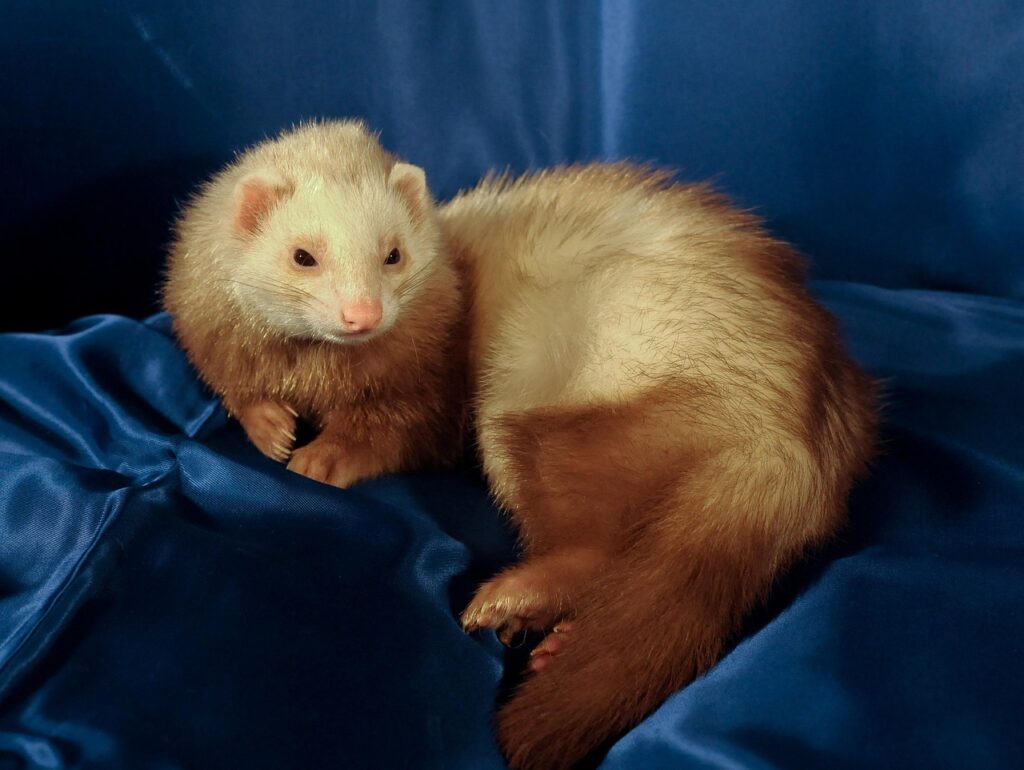
Ferrets possess sebaceous glands throughout their skin that produce natural oils, contributing to their characteristic musky scent. Most notably, they have specialized scent glands located near their anus that, in wild ferrets, would be used for territorial marking and communication with other ferrets.
Domestic ferrets in the United States typically undergo descenting surgery at a young age, which removes these anal glands and reduces—but doesn’t eliminate—their natural odor. Even descented ferrets will retain some muskiness because the oils from their skin glands continue to produce scent. Understanding that some level of ferret smell is natural and unavoidable helps set realistic expectations for odor control while allowing you to identify when smells have crossed into the problematic territory.
The Bathing Paradox: Less is Actually More
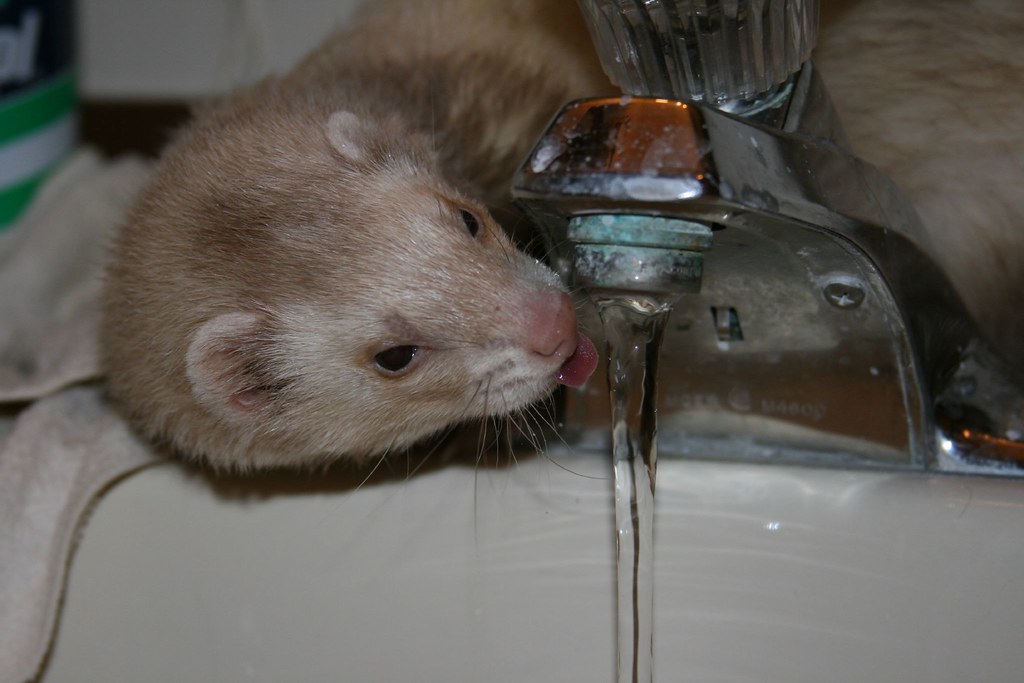
One of the most common misconceptions about ferret hygiene is that frequent bathing will eliminate odors, but this approach actually backfires dramatically. Bathing a ferret too often—more than once a month—strips their skin of natural oils, prompting their sebaceous glands to work overtime to replace these oils, resulting in an even stronger musky smell.
This overproduction creates a vicious cycle: more bathing leads to more oil production, which creates stronger odors. Instead, limit baths to once every 1-2 months using a gentle, ferret-specific shampoo that won’t irritate their sensitive skin. If your ferret gets visibly dirty between scheduled baths, consider spot cleaning the affected area with a damp cloth rather than subjecting them to another full bath. This balanced approach maintains their skin health while keeping odors at manageable levels.
Selecting the Right Bathing Products
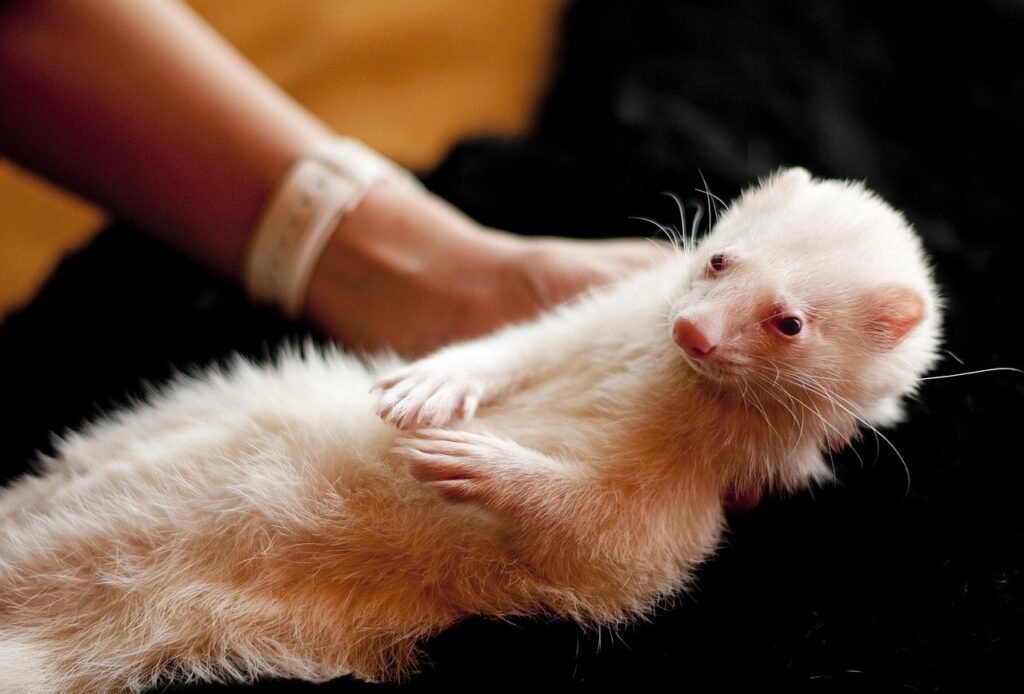
When bathing time does arrive, using the appropriate products makes a tremendous difference in both odor control and your ferret’s skin health. Always select shampoos specifically formulated for ferrets or, as an alternative, gentle kitten shampoos without harsh chemicals or strong fragrances.
Avoid using human shampoos, dog shampoos, or dish soap, all of which can strip essential oils and irritate your ferret’s sensitive skin, leading to dryness, itching, and ultimately stronger odors as their bodies attempt to compensate. Some ferret owners have success with oatmeal-based shampoos, which can be soothing to the skin while providing gentle cleansing. After bathing, consider applying a few drops of salmon oil or ferret-specific coat conditioner to restore some natural oils and keep their fur soft and healthy.
Proper Bathing Technique for Maximum Effectiveness

The bathing process itself requires care and attention to ensure your ferret stays clean without experiencing unnecessary stress. Start by filling a basin or sink with 2-3 inches of lukewarm water—never hot—and place a rubber mat on the bottom to prevent slipping, which can frighten your ferret. Gently lower your ferret into the water, supporting their body throughout the process, and use a cup to pour water over their back, being extremely careful to avoid getting water in their sensitive ears and eyes.
Apply a small amount of ferret shampoo and work it into a lather, focusing on their body and tail while avoiding the face area. Rinse thoroughly until all soap residue is removed, as leftover shampoo can cause skin irritation. After bathing, wrap your ferret in a soft towel and dry them completely, as damp fur can lead to chills and potential health issues.
Cleaning Ferret Ears and Dental Care

Proper ear care is an essential component of ferret hygiene that directly impacts odor control, as waxy buildup can develop a distinct smell if neglected. Examine your ferret’s ears weekly for excessive wax, dirt, or signs of mites, using a cotton swab moistened with a veterinarian-approved ear cleaning solution to gently clean the visible outer ear canal. Never insert the swab deeply into the ear canal, as this could cause injury to your pet’s eardrum.
Similarly, dental care plays a crucial role in preventing bad breath, which can contribute to overall ferret odor. Brush your ferret’s teeth 2-3 times weekly using a small, soft-bristled toothbrush and ferret-specific or enzymatic pet toothpaste—never human toothpaste, which contains ingredients toxic to ferrets. Regular dental maintenance prevents tartar buildup, gum disease, and the accompanying unpleasant odors that can emanate from your ferret’s mouth.
Cage Cleaning Schedules: Daily, Weekly, Monthly
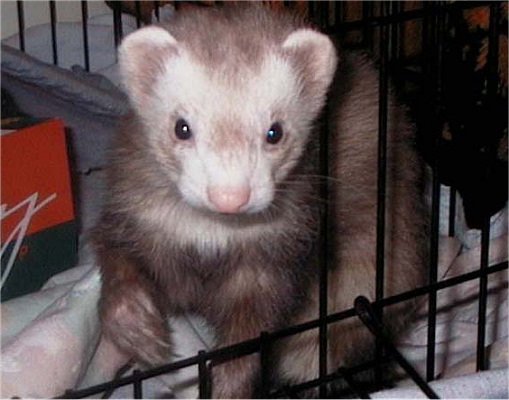
Maintaining a clean habitat is perhaps the most important factor in controlling ferret odors throughout your home. Daily maintenance should include removing soiled bedding, cleaning litter boxes, and wiping down feeding areas to prevent food residue from developing smells. Weekly cleaning tasks should be more thorough, involving removing and washing all fabric items such as hammocks, sleep sacks, and blankets in unscented, hypoallergenic detergent.
Monthly deep cleaning requires completely dismantling the cage, scrubbing all plastic and metal components with a pet-safe disinfectant, and thoroughly drying everything before reassembly. Establishing this three-tiered cleaning schedule prevents the accumulation of waste-related odors that can quickly overwhelm even the most diligent ferret owner and ensures your pet always has a clean, healthy environment.
Choosing Odor-Controlling Bedding and Litter
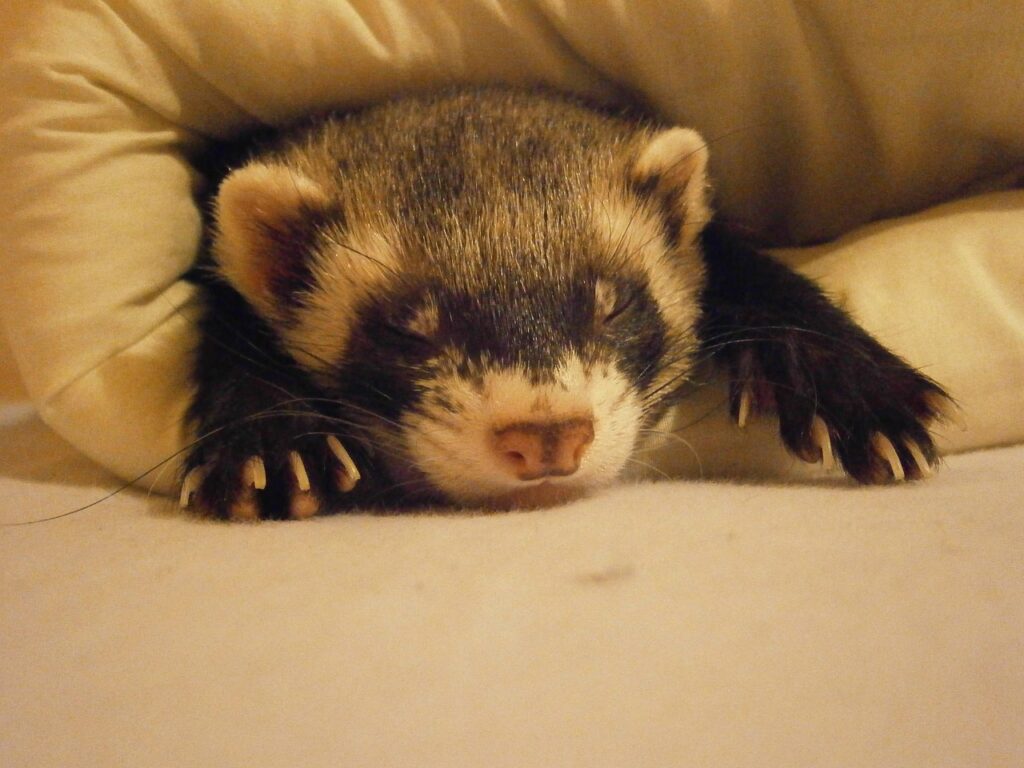
The bedding and litter materials you select can significantly impact overall odor control in your ferret’s environment. For bedding, opt for washable fleece blankets, which can be laundered frequently and don’t trap odors like some absorbent materials might. Avoid cedar or pine shavings, which contain aromatic oils that can cause respiratory problems in ferrets and may mask odors temporarily but don’t address the underlying cleanliness issues.
For litter boxes, paper-based pelleted litter specifically designed for ferrets offers excellent absorption without dangerous dustiness. Some ferret owners have success with recycled paper pellets, compressed wood pellets (not pine or cedar), or even specialized corn-based litters that neutralize ammonia odors effectively. Experiment with different options to find what works best for your particular ferret, as some may have preferences that encourage consistent litter box use—a key factor in odor control.
Laundry Practices for Ferret Bedding and Toys
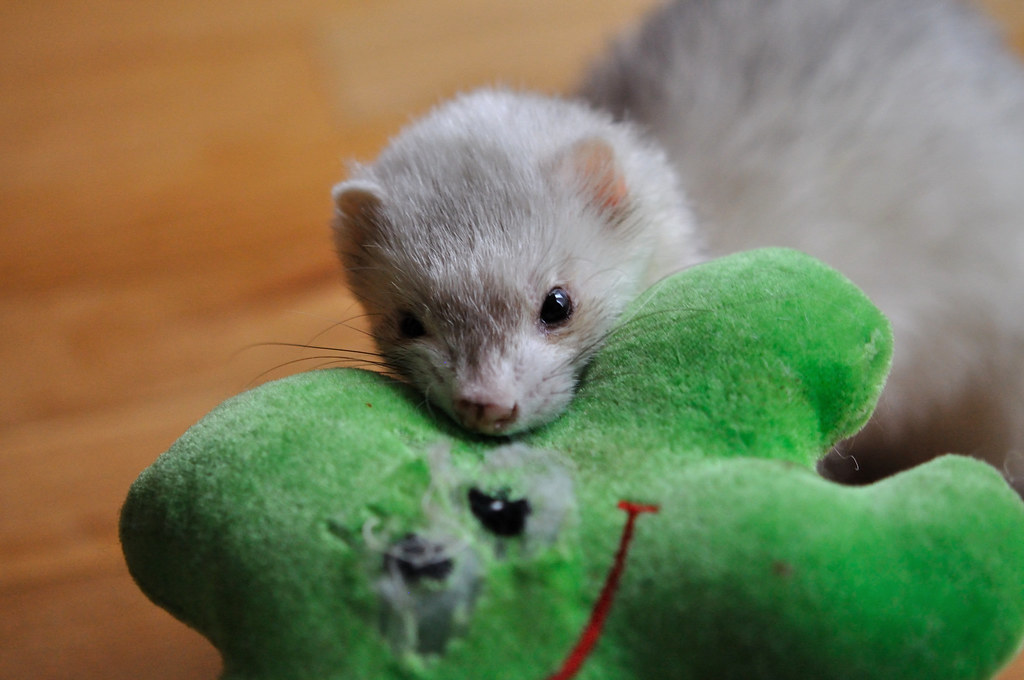
Proper laundering of your ferret’s fabric items requires specific techniques to effectively eliminate embedded odors rather than simply masking them. When washing hammocks, sleep sacks, and blankets, first rinse them with cold water to remove any urine, which helps prevent the ammonia smell from setting into the fabric. Add a half-cup of white vinegar to the wash cycle along with unscented, gentle laundry detergent to neutralize odors naturally without introducing artificial fragrances that might irritate your ferret’s sensitive respiratory system.
Avoid using fabric softeners or dryer sheets, which leave residues that can irritate your ferret’s skin and may even be toxic if ingested when they chew on their bedding. For particularly stubborn odors, try soaking items in an enzymatic cleaner designed for pet odors before washing, which breaks down the proteins in waste that cause persistent smells.
Diet’s Impact on Ferret Odor
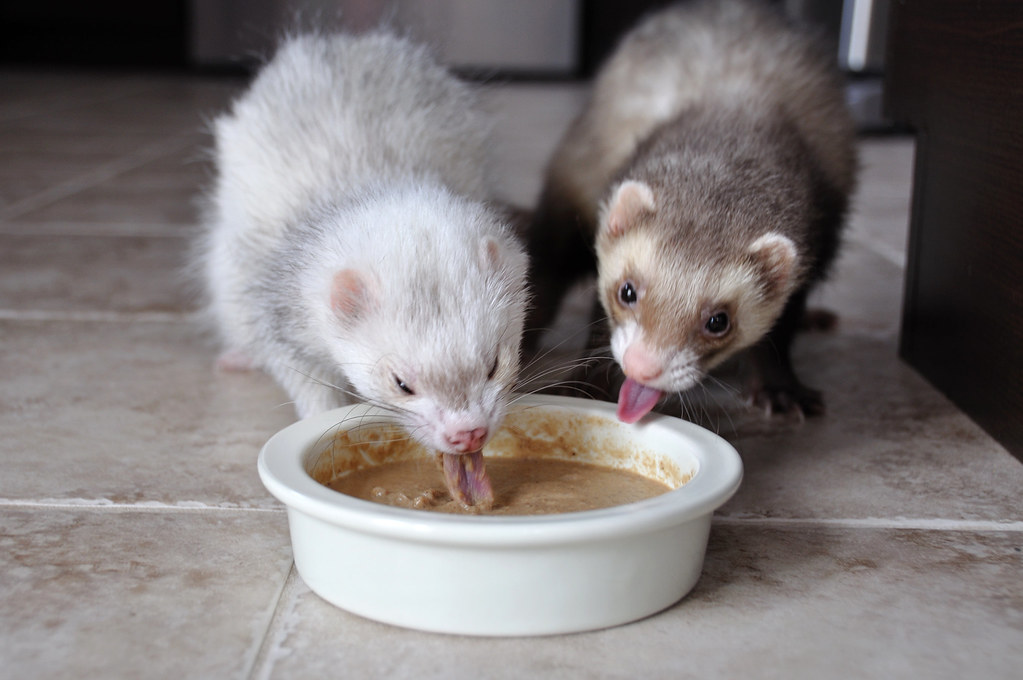
What goes into your ferret significantly affects what comes out, making diet a crucial yet often overlooked factor in odor management. Ferrets are obligate carnivores requiring high-protein, high-fat diets with minimal carbohydrates and fillers. Low-quality ferret foods or inappropriate foods like dog kibble contain plant-based fillers that ferrets cannot properly digest, resulting in larger, smellier stools and more pungent urine.
Premium ferret-specific kibble or raw diets formulated specifically for ferrets typically result in smaller, less odorous waste because the food is more completely digested and utilized by their bodies. Additionally, proper hydration through fresh water helps dilute urine concentration, reducing its ammonia smell. Consult with an exotic pet veterinarian to determine the optimal diet for your ferret that supports both their nutritional needs and helps minimize waste-related odors.
Environmental Odor Control Solutions

Beyond direct ferret and cage cleaning, several environmental strategies can help manage lingering odors throughout your home. Air purifiers equipped with HEPA and activated carbon filters are particularly effective at removing airborne particles and neutralizing pet odors before they permeate furniture and carpets. Strategic placement of odor-absorbing materials like baking soda containers, activated charcoal bags, or commercial odor absorbers near ferret living areas can trap ambient odors before they spread.
Regular home ventilation through open windows or running ventilation fans helps exchange stale, odor-filled air with fresh air, particularly important after cleaning sessions or during playtime. For fabric surfaces that may absorb ferret scents, occasional treatment with enzymatic cleaners designed specifically for pet odors breaks down the proteins in ferret oils and urine that cause persistent smells rather than simply masking them with fragrances.
Gland Health and Veterinary Considerations
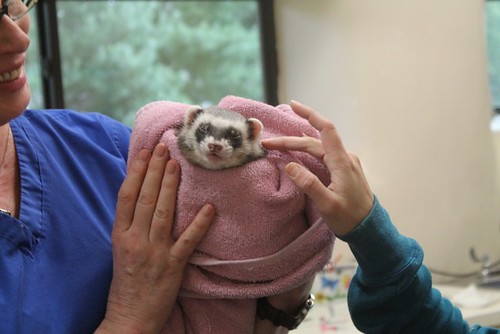
Sometimes excessive ferret odor can indicate underlying health issues that require veterinary attention rather than just improved cleaning practices. Unneutered ferrets, particularly males (hobs), produce much stronger musky odors due to hormonal influences, especially during breeding season when their scent glands become more active. Having your ferret spayed or neutered not only prevents unwanted breeding but significantly reduces hormone-driven odors.
Adrenal disease, a common condition in middle-aged and older ferrets, can cause increased oil production and resulting odor, often accompanied by hair loss and skin changes. Anal gland problems, even in descented ferrets, may cause discomfort and unusual smells if remnant glandular tissue becomes infected or impacted. Regular veterinary check-ups can catch these health issues early, addressing both the medical concern and the associated odor problems before they become severe.
Special Considerations for Multi-Ferret Households
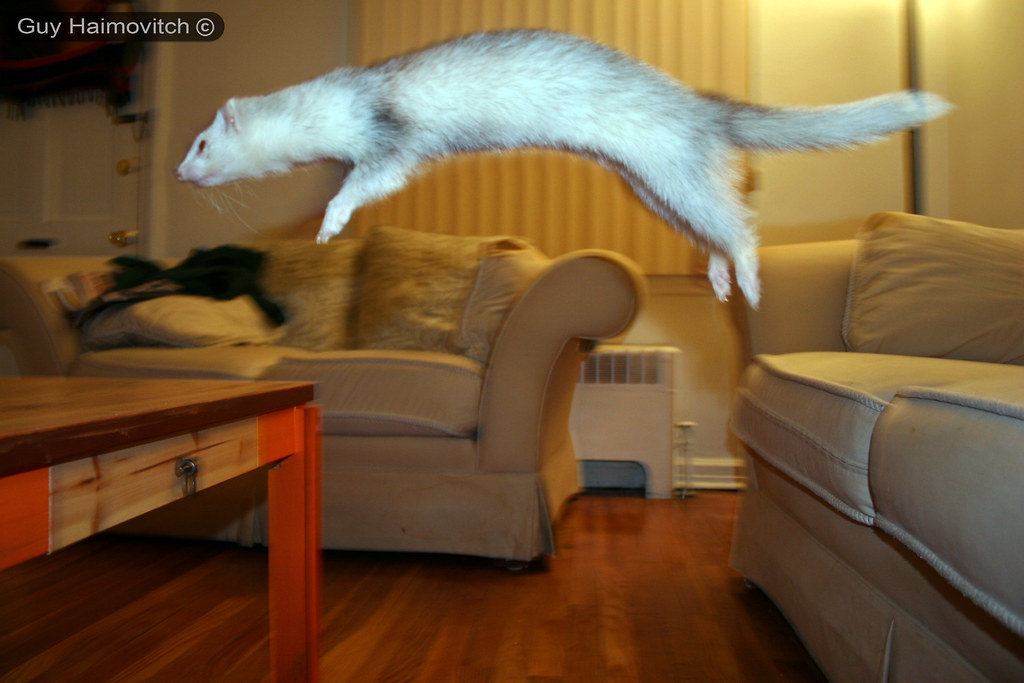
Homes with multiple ferrets face unique challenges when it comes to odor control, requiring adjusted strategies beyond those used for single-ferret environments. With multiple ferrets, staggering bathing schedules can help maintain a more consistent level of cleanliness without overwhelming yourself with too many baths in a single day, which can be stressful for both you and your pets. Larger or multiple cages require more frequent spot cleaning, as waste accumulates more quickly with multiple occupants.
Consider creating multiple litter stations throughout play areas, as ferrets typically have short attention spans and may not return to a single litter box when needed during extended playtime. Group sleeping areas require more frequent bedding changes, as multiple ferrets generate more body oils and shed more fur that can trap odors. Despite the additional cleaning requirements, many ferret owners find that the joy of watching a business of ferrets play and interact makes the extra odor management efforts well worthwhile.
Creating a Sustainable Cleaning Routine
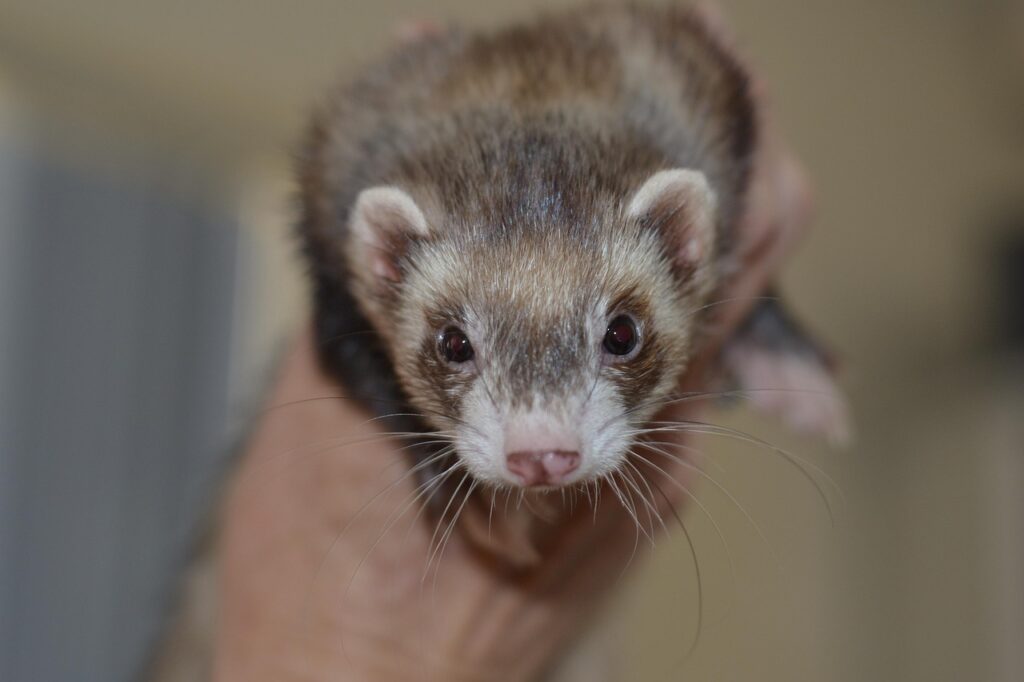
The key to long-term success with ferret odor control lies in establishing sustainable cleaning routines that you can maintain consistently without burning out. Create a cleaning calendar with daily, weekly, and monthly tasks clearly outlined, perhaps with different family members assigned to specific responsibilities if you don’t live alone.
Keep cleaning supplies organized and easily accessible so that quick spot cleaning becomes effortless rather than a chore requiring preparation. Consider setting up automatic reminders on your phone for less frequent tasks like deep cleanings or scheduled baths, which can otherwise be forgotten in the busy flow of daily life. Remember that consistency with moderate cleaning is far more effective than sporadic intensive cleaning sessions followed by periods of neglect.
By integrating ferret hygiene into your regular household maintenance routine, you’ll find it becomes second nature rather than an overwhelming task, allowing you to enjoy your ferret’s charming personality without being distracted by odor concerns.
In conclusion, managing ferret odor requires a balanced approach that respects their natural biology while maintaining cleanliness standards that keep your home fresh. By understanding the sources of ferret smells, establishing appropriate bathing schedules, maintaining thorough habitat cleanliness, and addressing potential health concerns, you can significantly reduce unwanted odors without compromising your pet’s wellbeing. Remember that a slight musky scent is part of a ferret’s natural charm, but with these comprehensive cleaning strategies, you can ensure that your fuzzy friend remains a delightful companion whose presence doesn’t overwhelm your senses. With consistent care and the right techniques, you’ll create a harmonious environment where both you and your ferret can thrive together.


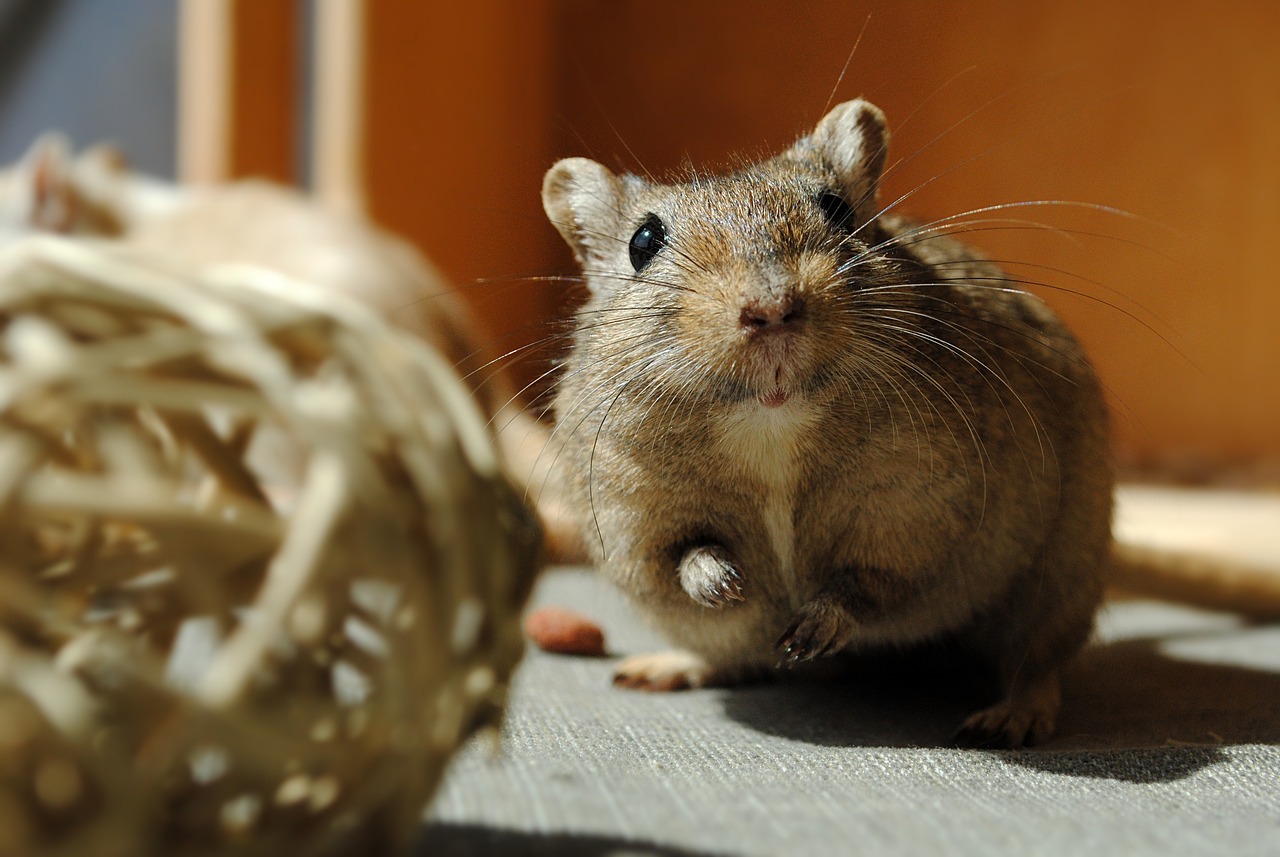
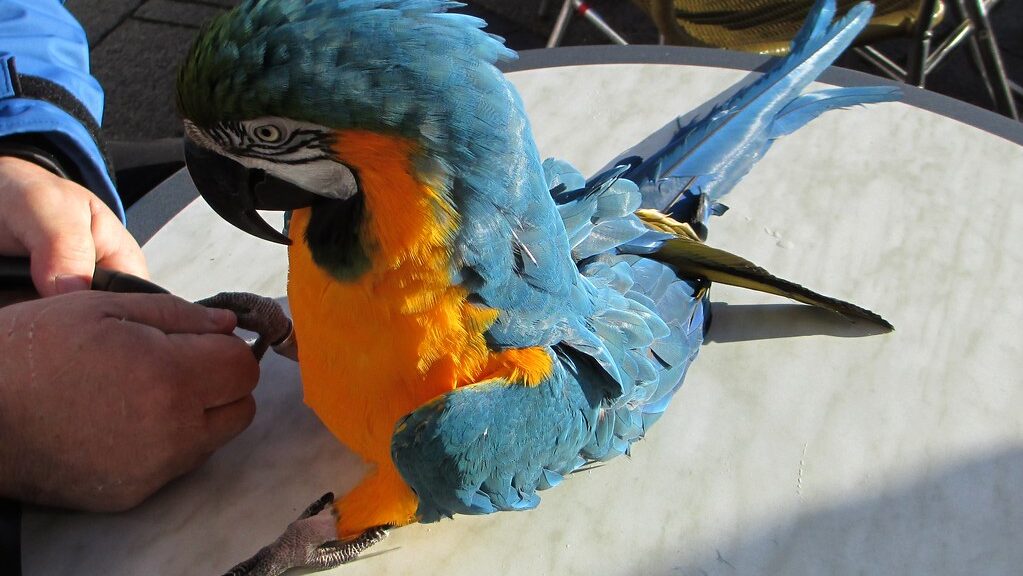
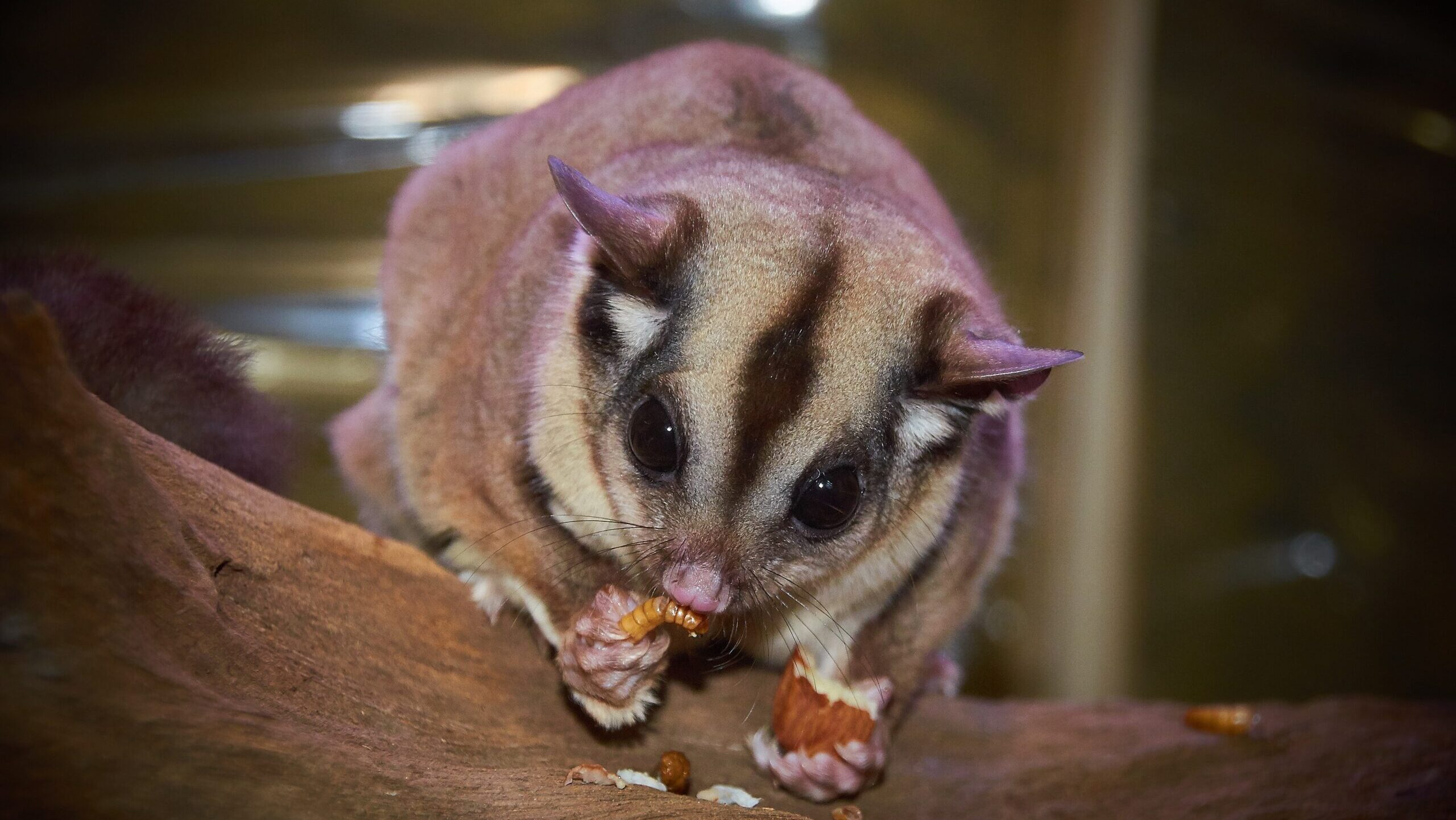
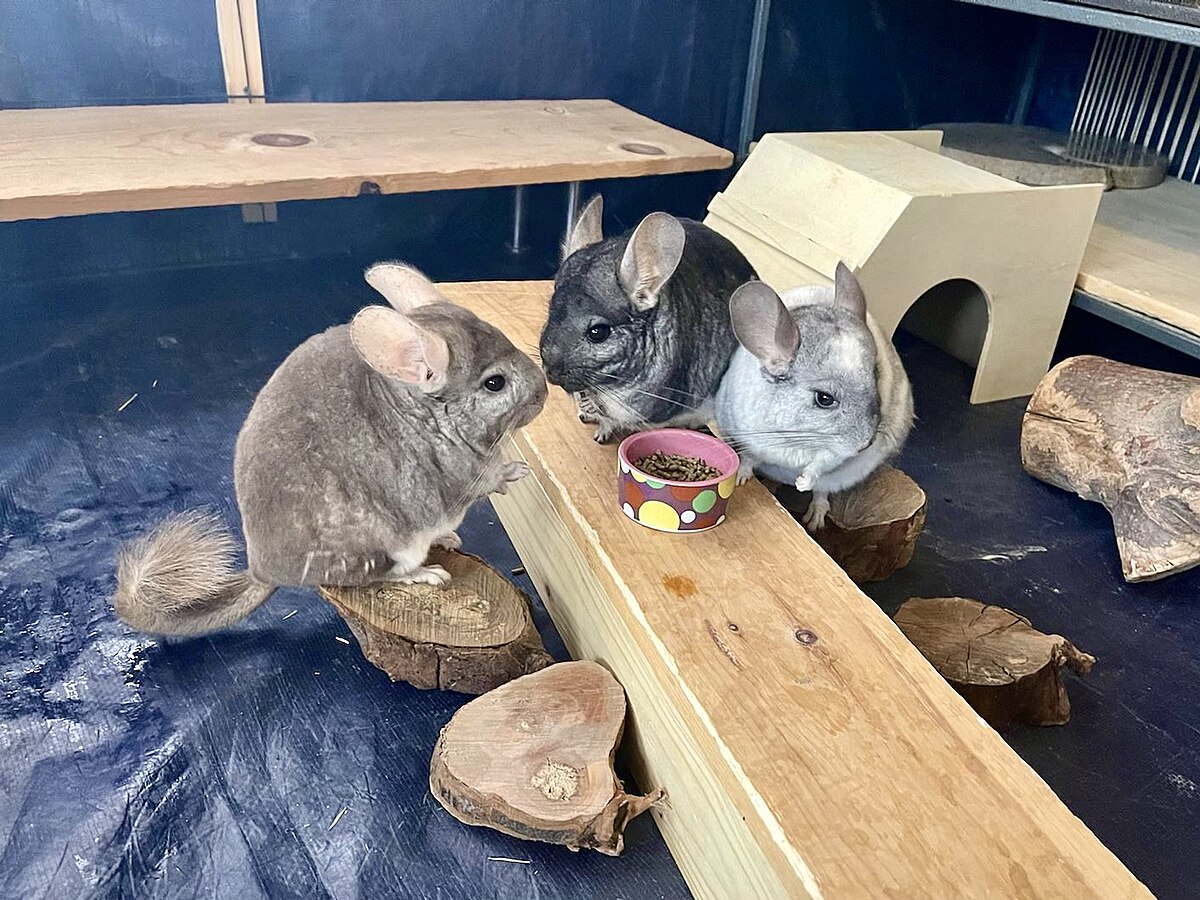
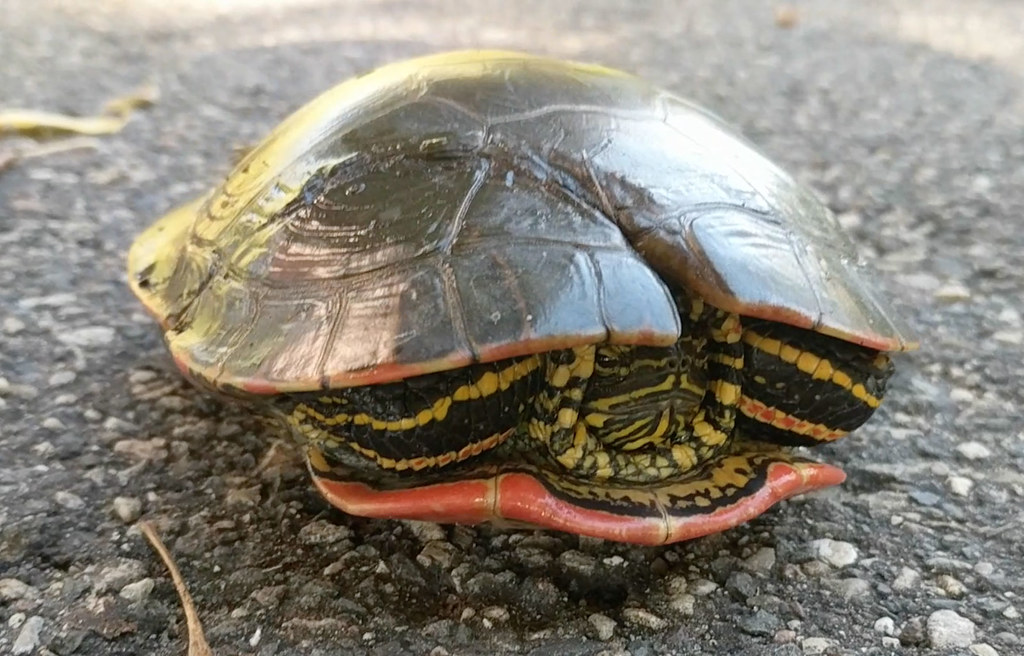
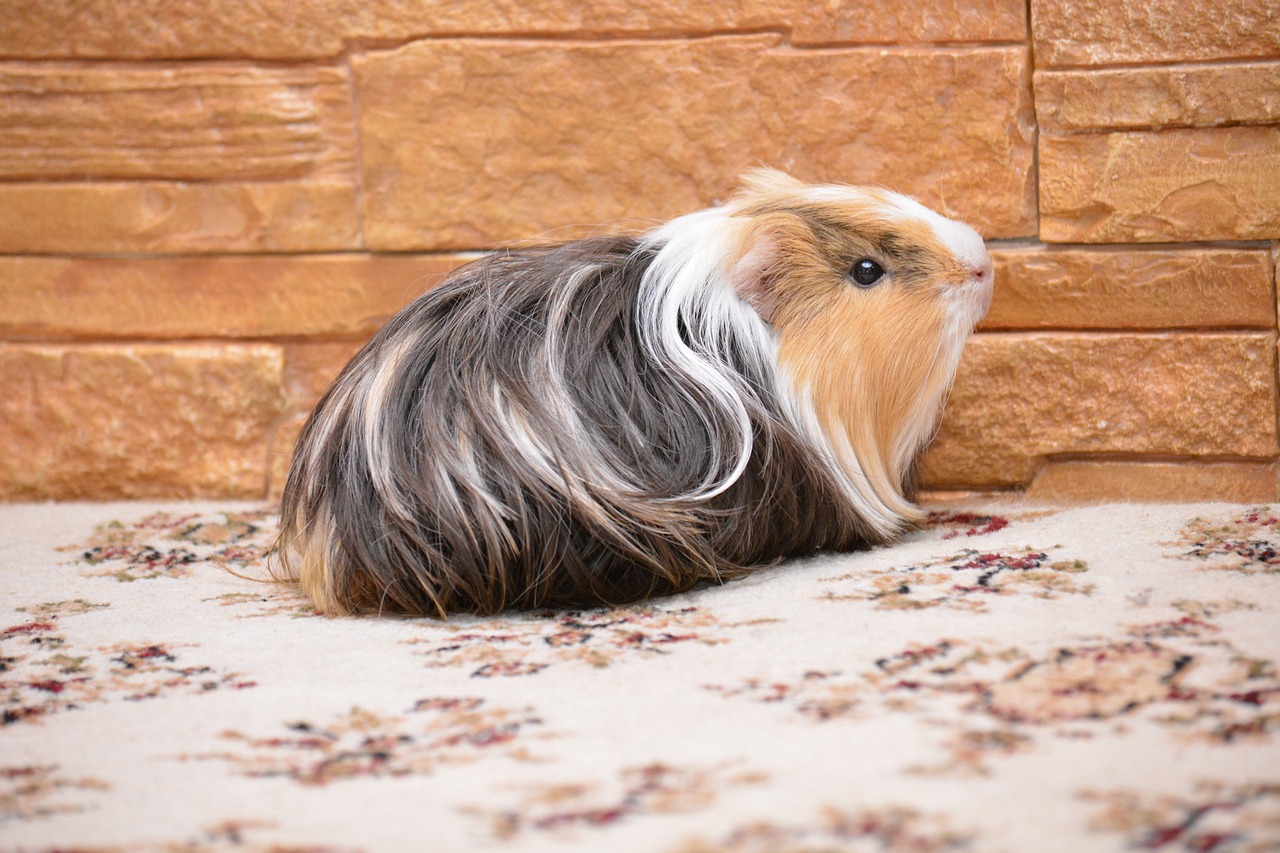
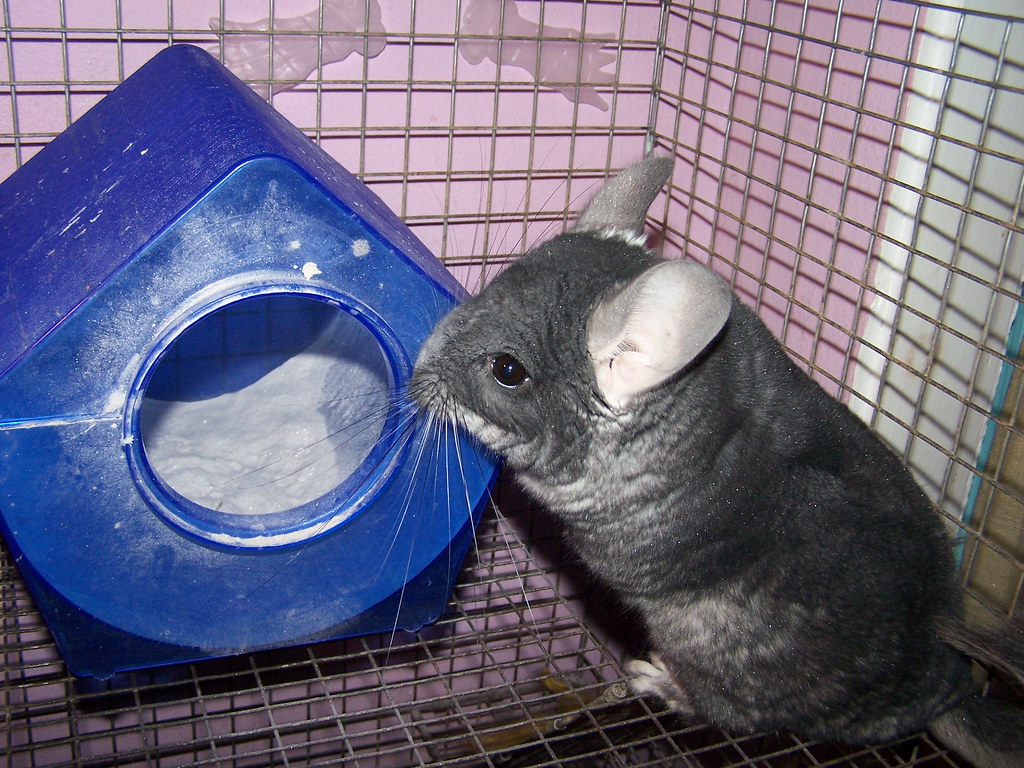


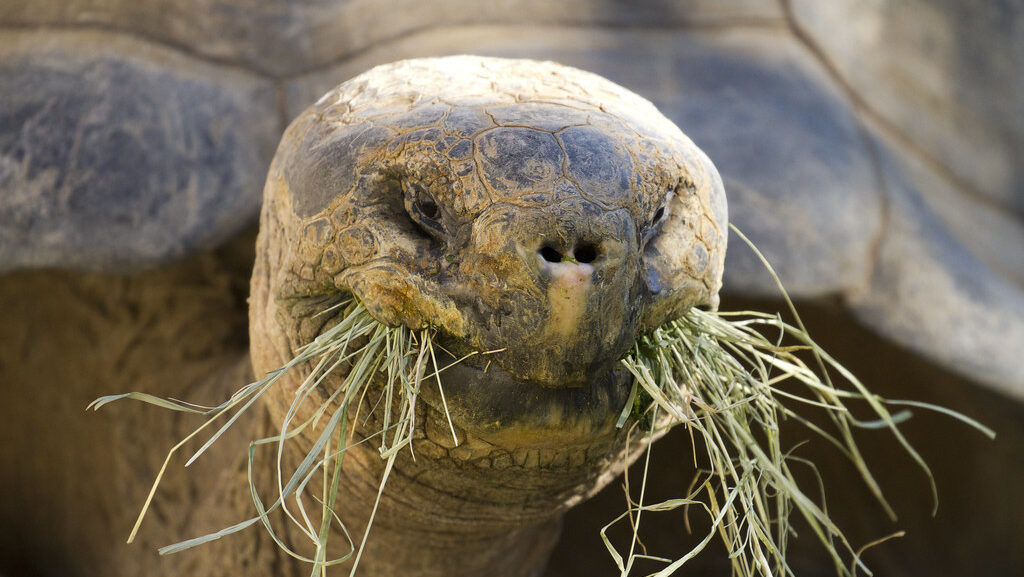
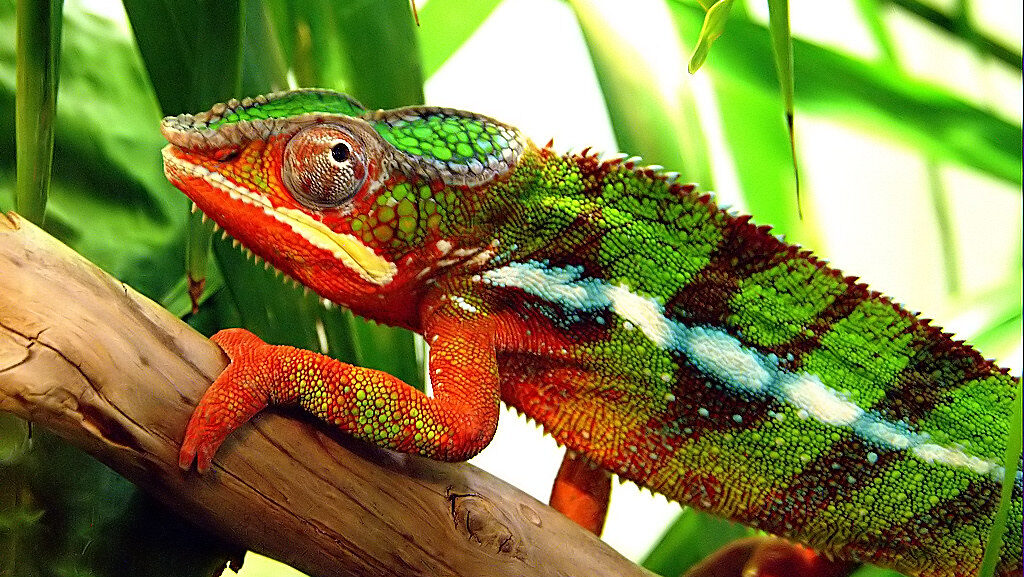
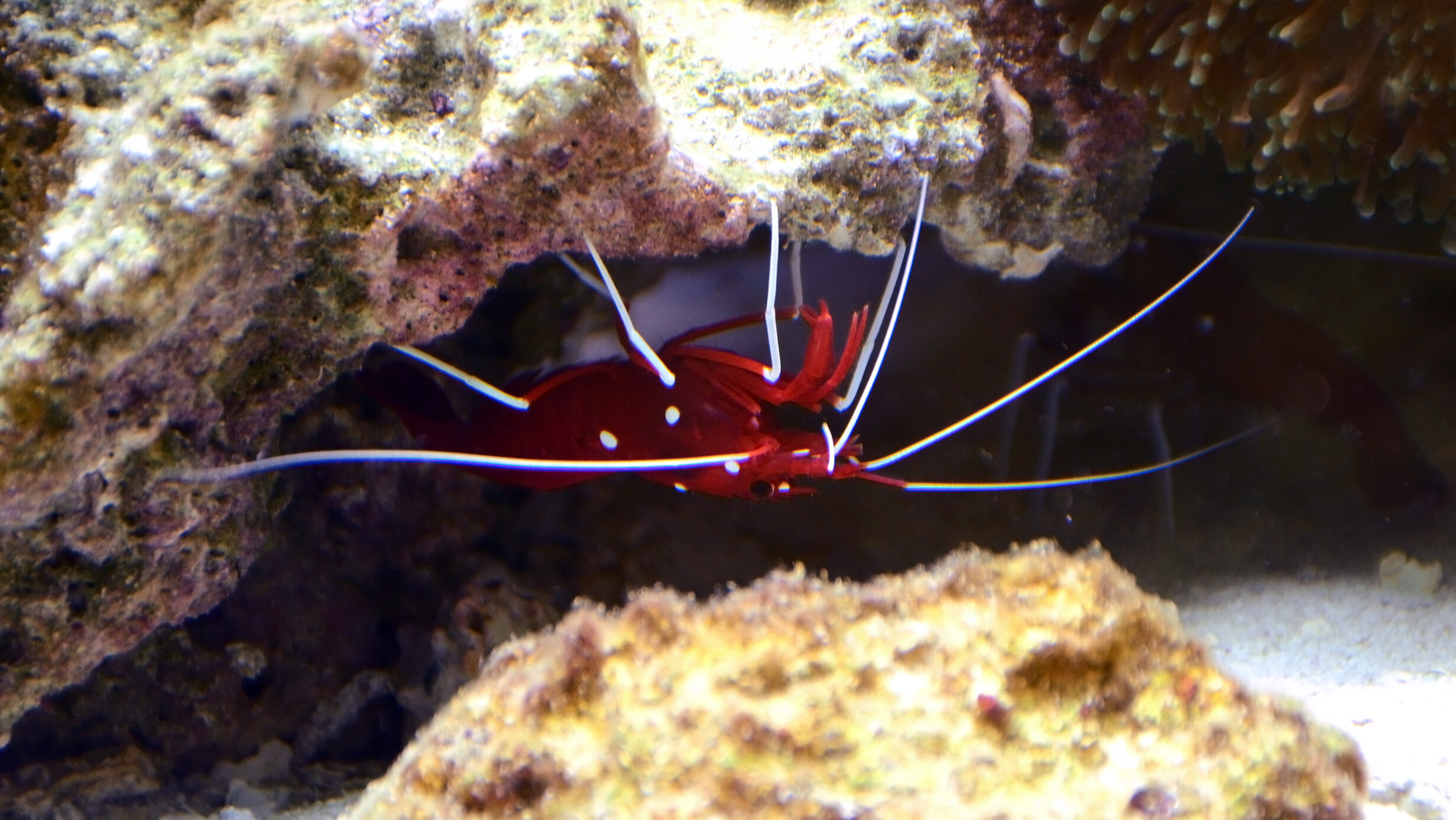
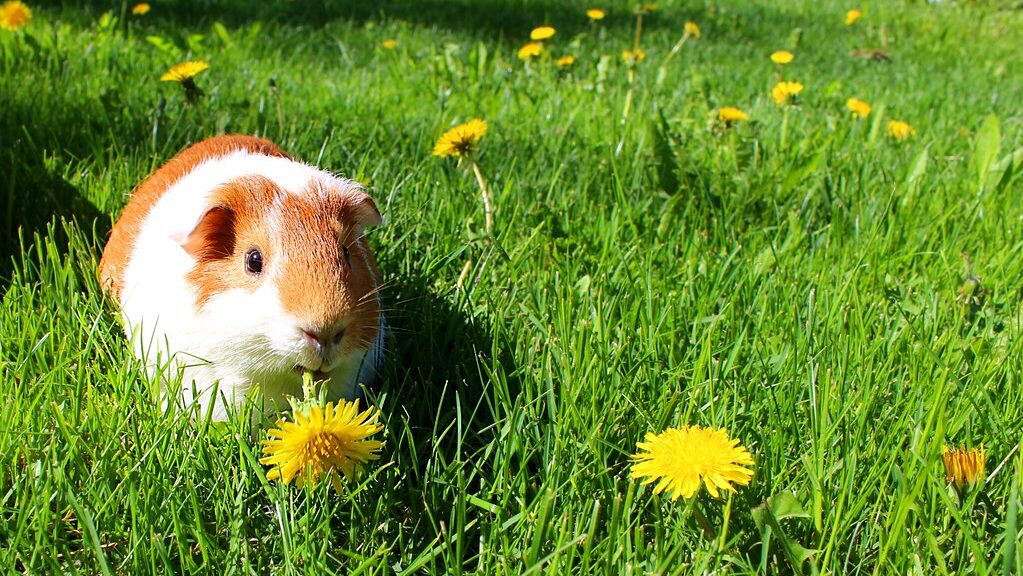
Leave a Reply